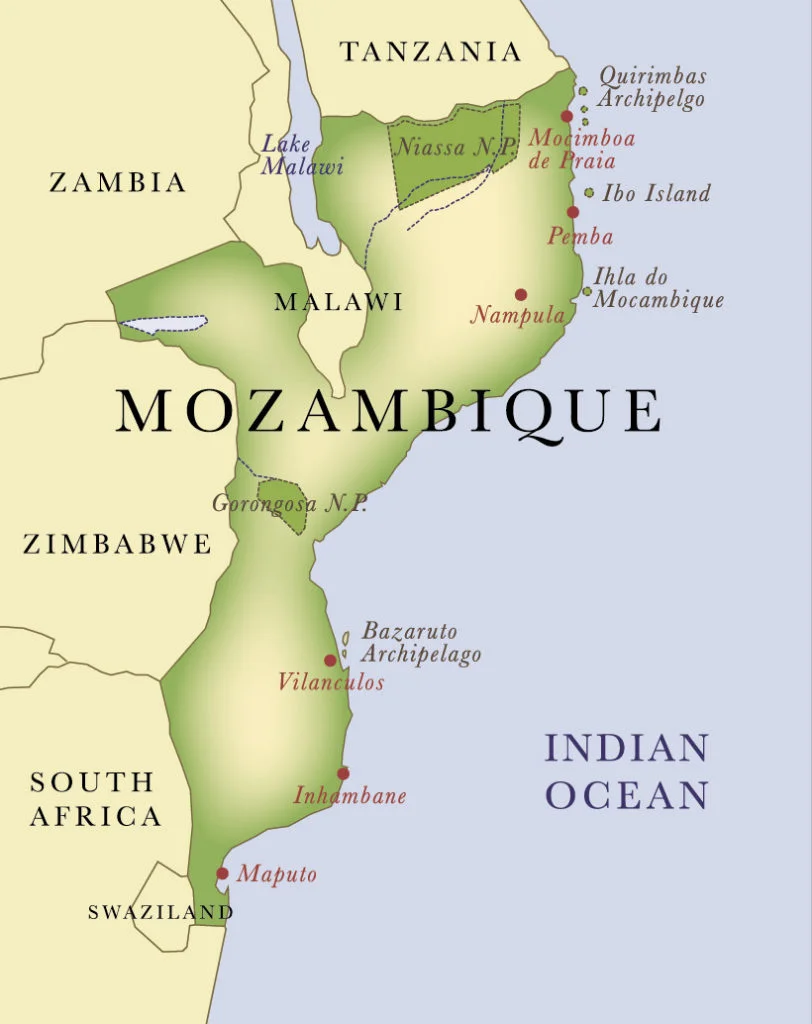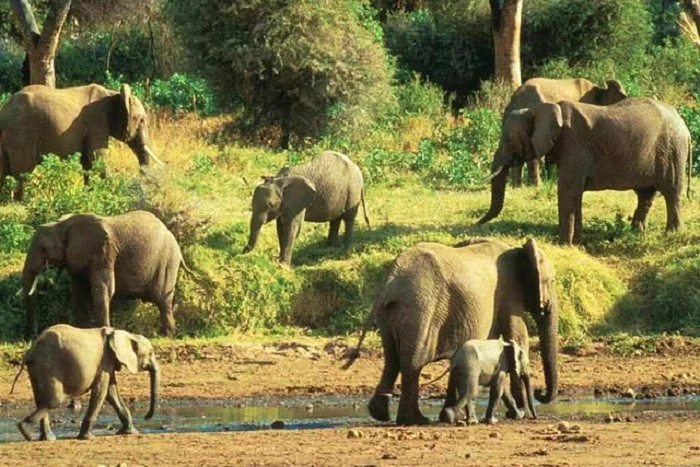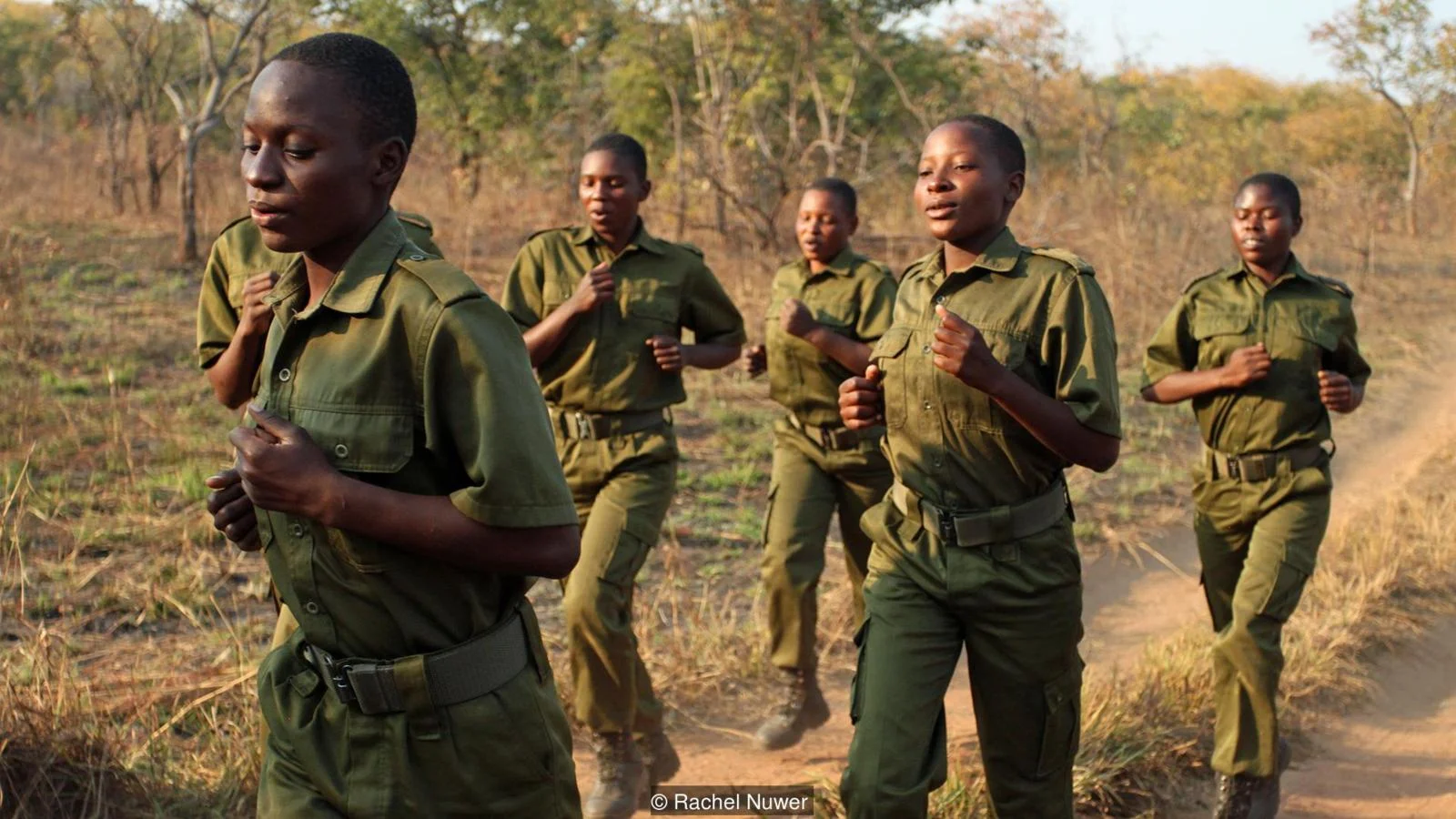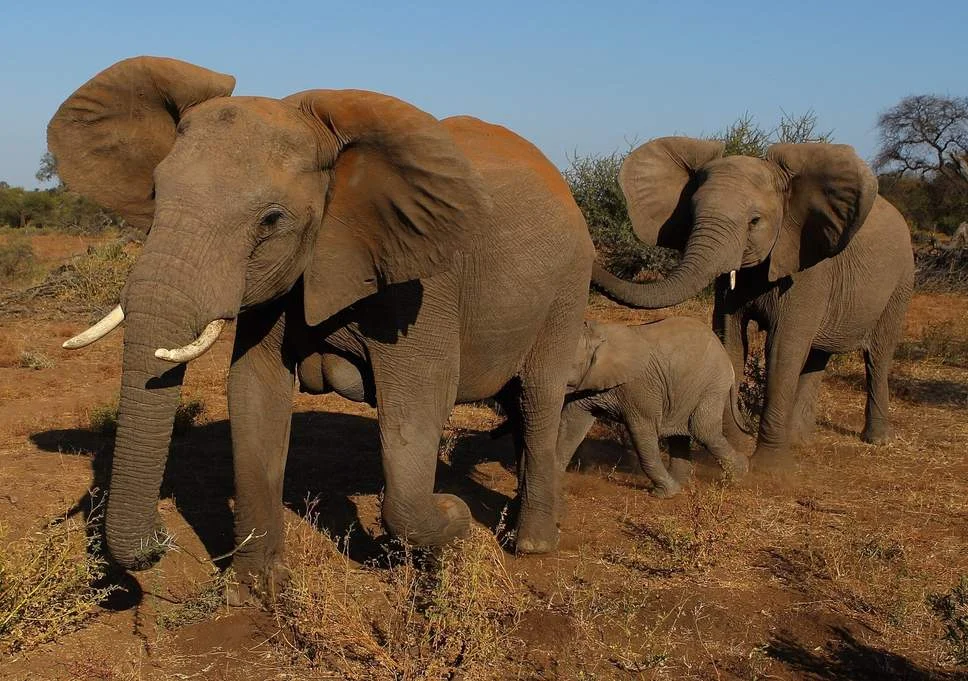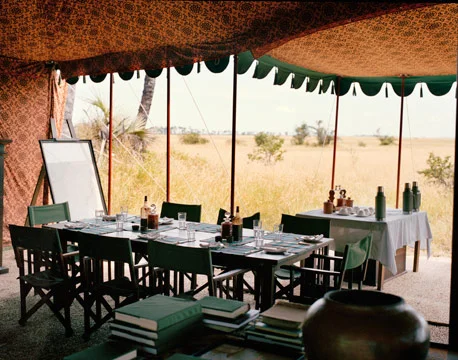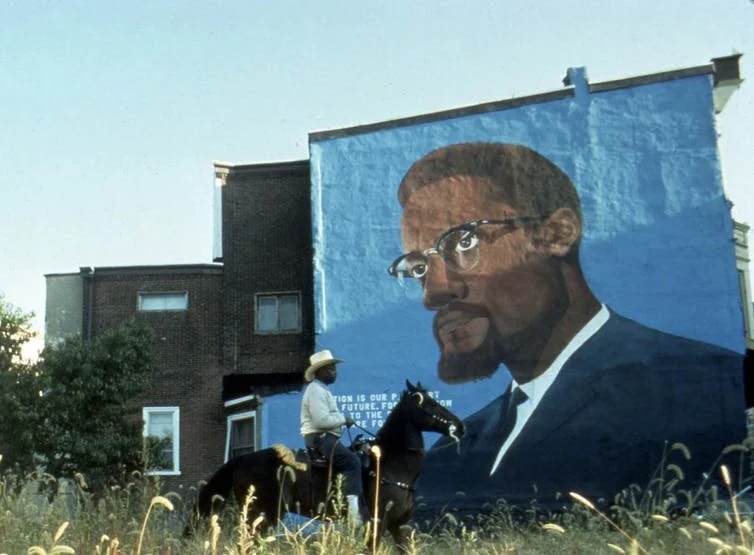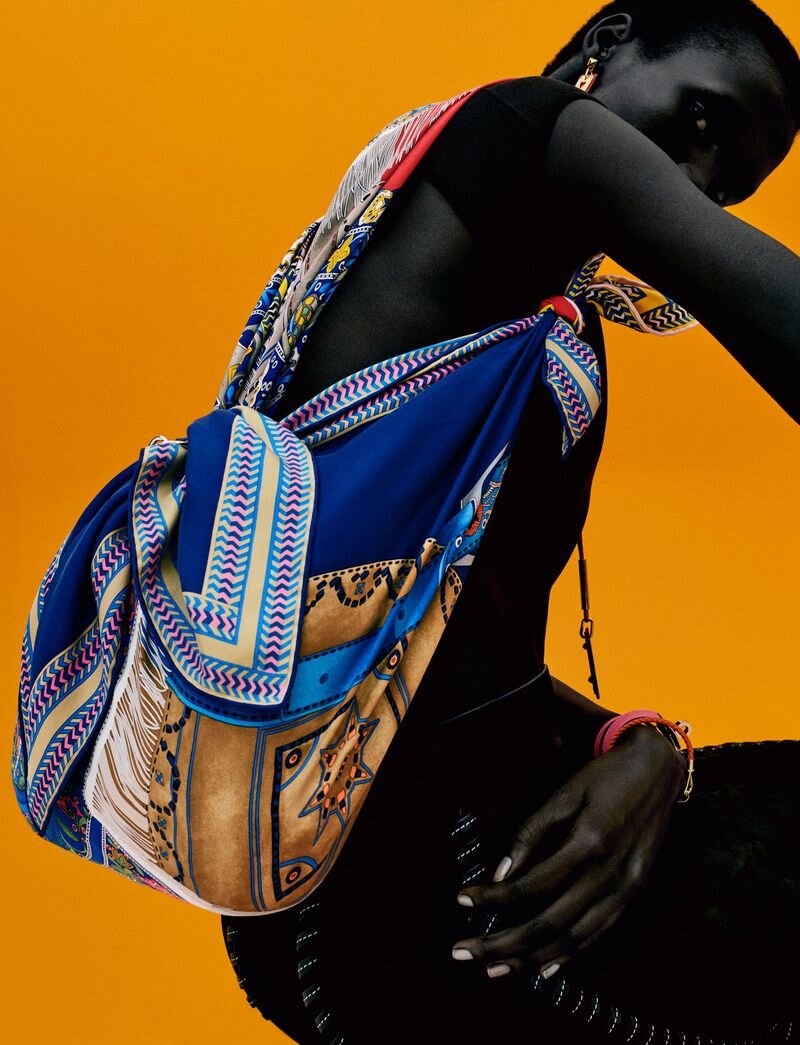Five Things to Know About Botswana’s Decision to Lift Ban on Hunting Elephants
/A living space in the redesigned Jao Camp, in Botswana Image via Wilderness Safaris.
By Meilan Solly. First published on Smithsonian.com
Botswana, home to the world’s largest African elephant population, has lifted its five-year suspension of elephant hunting, attracting the ire of conservationists while placating those who argue that the land giants, known to kill livestock and destroy crops, are wreaking havoc on locals’ livelihoods.
In a statement detailing the reversal, Botswana’s Ministry of Environment, Natural Resources Conservation and Tourism cited the increasing prevalence of human-elephant conflict, the Department of Wildlife and National Parks’ inability to respond to animal control reports in a timely fashion, and the toll on communities ill-equipped to handle the unimpeded roaming of these roughly 12,000-pound creatures. The ministry further said that reinstatement will be performed “in an orderly and ethical manner.”
The exact nature of this “ethical” implementation remains unclear, as do the long-term ramifications of the decision for both Botswana’s human and pachyderm residents. But in the meantime, here’s what we do know:
Why a hunting ban was first issued
To protect these creatures from trophy hunters and ivory poachers, former President Ian Khama imposed the hunting ban in 2014. An ardent conservationist, he also introduced a highly controversial “shoot to kill” policy for stopping poachers, which included arming anti-poaching units with military-grade weapons and approved shooting known poachers on sight. (Both policies have been eliminated under the current administration.)
The elephant hunting ban helped Botswana emerge as a “conservation success story,” write The New York Times’ Kimon de Greef and Megan Specia. Although the Great Elephant Census of 2016 found that Africa’s elephant population dropped by at least 30 percent between 2007 and 2014, the southern country has supported a relatively stable population of more than 130,000 for the past 15 years, according to IUCN researchers’ estimates. Depending on who you ask, Pauline Bax writes for Bloomberg, this figure shifts dramatically, citing a member of Botswana Parliament who claimed—allegedly based on government data—that the real number is closer to 230,000.
According to the Conservation Action Trust’s Louise De Waal, disparities in population estimates stem partly from the fact that some 216,000 African elephants migrate freely between Angola, Botswana, Namibia, Zambia and Zimbabwe, making it difficult to classify them as residents of one specific country. Most of Botswana’s elephants live in the country’s northern region, though National Geographic’s Rachael Bale notes that the species’ range has expanded considerably as drought conditions drive them further south—and therefore closer humans already living on the land. Still, Cara Anna reports for the Associated Press, Botswana has “more space than many other countries for animals to roam.”
An elephant in the redesigned Jao Camp, in Botswana Image via African Wildlife Safaris Australia.
How the hunting ban got lifted and its political implications
Soon after taking office, Khama’s successor President Mokgweetsi Masisi tasked a committee with re-evaluating the ban. A committee of local authorities, affected communities, non-profits, tourism organizations, conservationists and other so-called “stakeholders” was created to assess the ban’s status.
In February, the committee released its recommendations, which included lifting the ban, implementing “regular but limited elephant culling,” and, most controversially, establishing the practice of canning elephant meat for pet food—a suggestion that has since been abandoned. Rather than advocating for outright culling, Masisi’s government now prefers the term selective “cropping.”
The Botswana government’s statement says that “the general consensus from those consulted was that the hunting ban should be lifted.” Indeed, the move is likely to prove popular with the country’s rural residents, who bemoan the animals’ destructive encroachment on human territory. Elephants can destroy a season’s worth of crops in just one night. Even though the government compensates farmers for losses or injuries, many locals argue that these measures are inadequate.
“The only solution is for the elephants to be reduced,” Twaemango Ndoze, a deputy headman of Seronga, a village in the Okavango Delta, tells Bloomberg’s Bax.
As Bax writes, the new ruling is in step with Masisi’s decision to suspend his predecessor’s “shoot to kill” poachers policy and Masisi’s removal of military-grade weapons from Botswana’s anti-poaching units.
It’s worth noting that many critics have decried the decision as a political gamble designed to win voters to Masisi’s Botswana Democratic Party. General elections are set to take place in October, and the resumption of hunting is sure to resonate with locals who are struggling to keep elephants off of their fields.
In a statement, Jason Bell, vice president for conservation with the International Fund for Animal Welfare, says, “This is a political move and not in the best interests of conservation in Botswana.”
Who is for a hunting ban?
Those in favor of a hunting ban are led largely by conservationists, arguing that legalized hunting will exacerbate threats posed to the already vulnerable species and transforming the one refuge left on the continent into an active danger zone. Some members of this group also cite ethical concerns.
As elephant expert and WildlifeDirect CEO Paula Kahumbu writes on Twitter, “There’s no such thing as ‘ethical hunting.’ It’s an oxymoron.”
Africa loses some 30,000 elephants to ivory poaching every year, but Botswana, according to National Geographic’s Bale, has so far “largely escaped” the crisis. (Last August, conservation group Elephants Without Borders claimed it had conducted an aerial survey that identified the bodies of 87 poached elephants by a nature preserve in northern Botswana, but the government soon refuted this story as a gross exaggeration; Kimon de Greef of The New York Times later wrote that critics, including scientists, believed the group overstated the situation in an attempt to influence policymakers’ assessment of the hunting ban.
Elephants at Jao Camp, Botswana. Image via LVCreation.com
An elephant is killed on the African continent once every 15 minutes, as Don Pinnock, a conservation journalist and author of “The Last Elephants,” tells The New York Times’ de Greef and Specia. And Botswana is not immune to the the lure of illegal ivory trade; it is one of several African countries that has previously appealed for loosened restrictions on raw ivory trade. Still, Pinnock says, “Botswana is the last refuge for these elephants, and suddenly that refuge is going to start hunting them.”
Many environmentalists fear that the lifted ban is simply a precursor to renewed efforts aimed at legalizing the ivory trade. If this were to happen, WildlifeDirect’s Kahumbu explains to the Guardian’s Jason Burke, it would have a “catastrophic effect on elephants across Africa.”
Many supporters of the ban also cite ethical concerns. After all, National Geographic’s Bale writes, “There is no doubt that elephants are capable of empathy and emotion.”
In purely economic terms, suspending the ban carries the risk of hurting Botswana’s tourism industry, which is the country’s second highest source of foreign income after diamond mining. Currently, Botswana markets itself as what BBC News deems a “luxury safari destination,” attracting wealthy visitors eager to interact with elephants and other exotic animals in their native habitat.
“Our tourism has been really booming in recent years, and the elephant probably stands out above anything that people want to see,” Botswana's former-President Khama tells Bloomberg’s Bax. “If you’re going to start hunting and getting rid of them, you’re going to start devaluing that resource.”
Adding to the pressure is outrage from prominent international celebrities: Ellen DeGeneres, for example, has previously spoken out in support of boycotting Botswana unless the ban stays in place. Following this week’s announcement, the comedian tweeted, “President Masisi, for every person who wants to kill elephants, there are millions who want them protected. We’re watching.”
Who is against a hunting ban?
Proponents of lifting the ban point to the elephants’ negative impact on Botswana’s human communities. According to the IUCN, close human-elephant interaction in limited territory finds the towering behemoths killing local farmers’ livestock; stomping over crops; damaging grain stores; houses and water supplies; and even injuring or killing those who get in their way. Freely roaming elephants can also damage local ecosystems by tearing down trees.
Some 27,000 elephants live outside of the country’s wildlife management areas and regularly enter into conflicts with rural farmers, says Erik Verreynne, a wildlife veterinarian and consultant based in Gaborone, Botswana, in an interview with The New York Times’ de Greef and Specia.
The results can be devastating: As Gail Potgieter, a carnivore conservationist based in Botswana, writes in an editorial for local news outlet the Patriot, elephants roaming the country have killed 36 people over the past two years. The father of one victim, a man who was trampled to death while returning from a night out with friends, told reporters, “I used to like elephants, [but] they did a cruel thing to me.”
Potgieter says that many local farmers have lost their annual harvest in the span of just a few nights. The elephants’ presence has “effectively impose[d] a curfew on any human movement after dark,” she adds, so simply visiting a friend’s house at the end of the day can become life threatening.
“Sharing their lives with a five-ton animal that threatens their lives, destroys their crops, damages their properties—I share their anguish,” as Mike Chase, director of Elephants Without Borders, tells National Geographic’s Bale. “When you’ve tried all kinds of alternatives … and they’re still dangerous, the animal has to be destroyed. At least the communities should be able to benefit by letting a hunter come in and pay to do it.”
Expanding on this sentiment, Verreynne points out that rural villages rarely benefit from income generated by safari tourism, but instead bear the highest costs of human-elephant conflict. Although hunting probably won’t “meaningfully reduce the number of elephants,” as Bloomberg notes, an influx in revenue could help cover damage and otherwise provide financial support for local communities. On average, a legal elephant hunt in neighboring countries costs about $45,000. Comparatively, a night in a luxury safari lodge runs closer to $355.
The ECOEXIST Project on Twitter. Here's our beautiful stand with info on solutions 2 human #elephant #coexistence, & “ElephantEconomy” products from #Okavango #Botswana #wildlife ...
If hunting profits are high enough, it’s possible—however paradoxically—that some of the money will go toward conservation efforts. “By sacrificing 700 elephants per year,” Verreynne says, “we’re likely going to save more.”
A final point raised by advocates of legal hunting, particularly those based in Botswana, is the country’s authority to regulate wildlife within its own borders. Dan Ashe, former head of the U.S. Fish and Wildlife Service, tells Bale he doesn’t personally support trophy hunting, but adds that Botswana “always enjoyed a very good standing, … a reputation for professional management and relatively corruption-free government.”
What’s next?
According to the World Wildlife Foundation, agriculture and land development have driven African elephants into an increasingly smaller area over the past several decades. Between 1979 and 2007 alone, the species’ range shrank from three million square miles to just one million. Factor in competition for and conflict over land and resources, not only among elephants but also with humans, and the situation’s seriousness is apparent.
Poaching, meanwhile, hasn’t impacted southern Africa to the extent seen in eastern, central and western Africa but is becoming a growing regional threat. Crucially, a 2015 survey of 133 experts based in 11 African countries placed poaching at the top of concerning threats to wildlife. Trophy hunting, on the other hand, finished next to last.
As Bale of National Geographic writes, Botswana’s reversal may not actually result in the desired influx of trophy hunters. Although the U.S. Fish and Wildlife Service announced plans to lift the ban on imported elephant trophies in 2017, the organization soon decided to shift to a case-by-case assessment model. It has since opted not to issue any relevant permits, making it unlikely that American hunters will even be able to bring their trophies home from Botswana.
It remains to be seen whether the move will bring in added revenue and curb the country’s level of human-elephant conflict—or, alternatively, lead to a decline in international tourism and pave the way for the legalization of ivory trade. For what it’s worth, Burke notes for the Guardian, some experts argue that widespread hunting will actually exacerbate conflict with local residents, as hunting makes elephants “fearful and aggressive.”
In an interview with Bloomberg’s Bax, Ronald Shamukuni, a member of Parliament whose cousin was recently killed by an elephant, concludes, “As much as we live with wildlife, there has to be a way of benefiting from them. Outsiders just don’t know what is going on.”






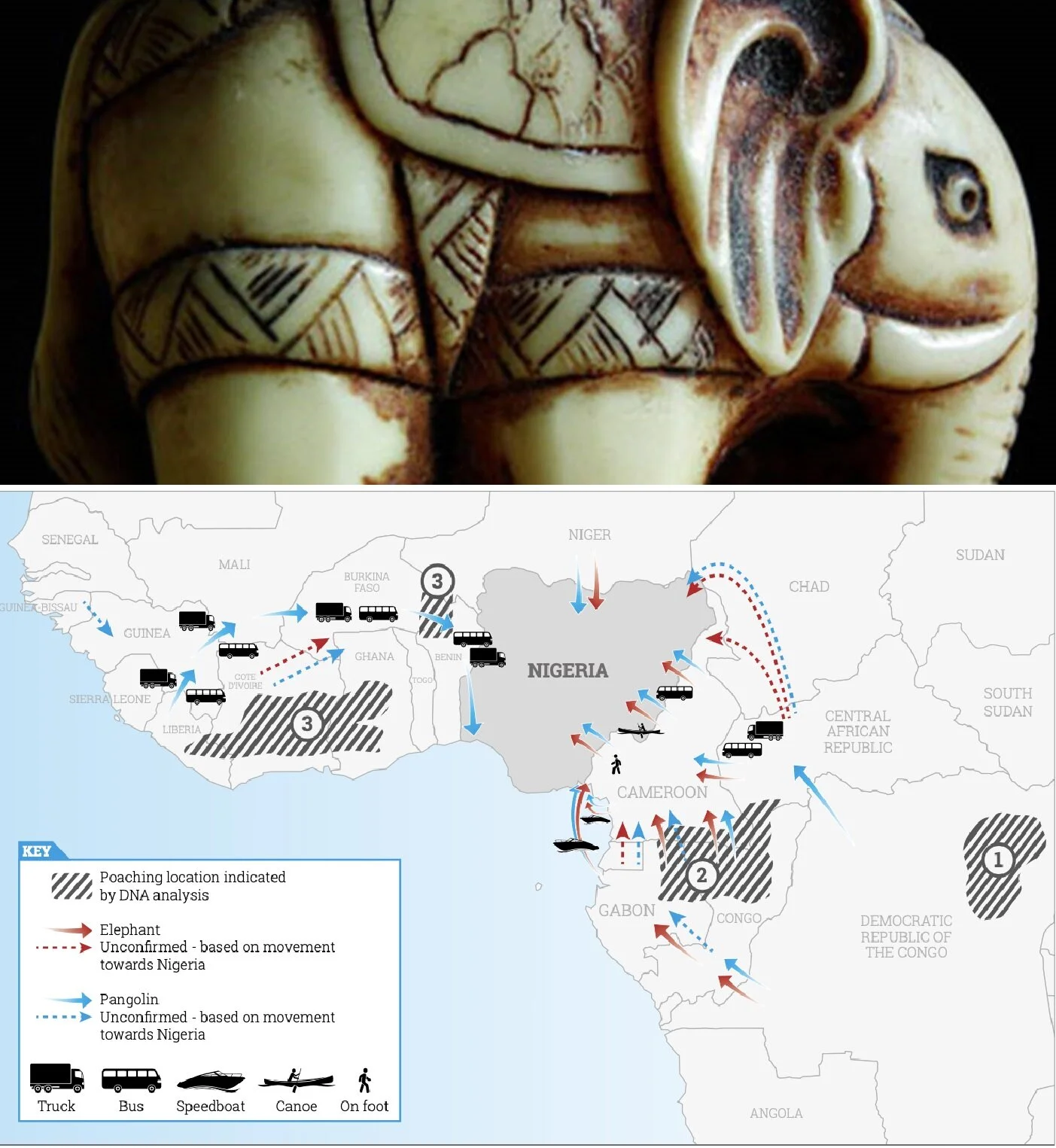


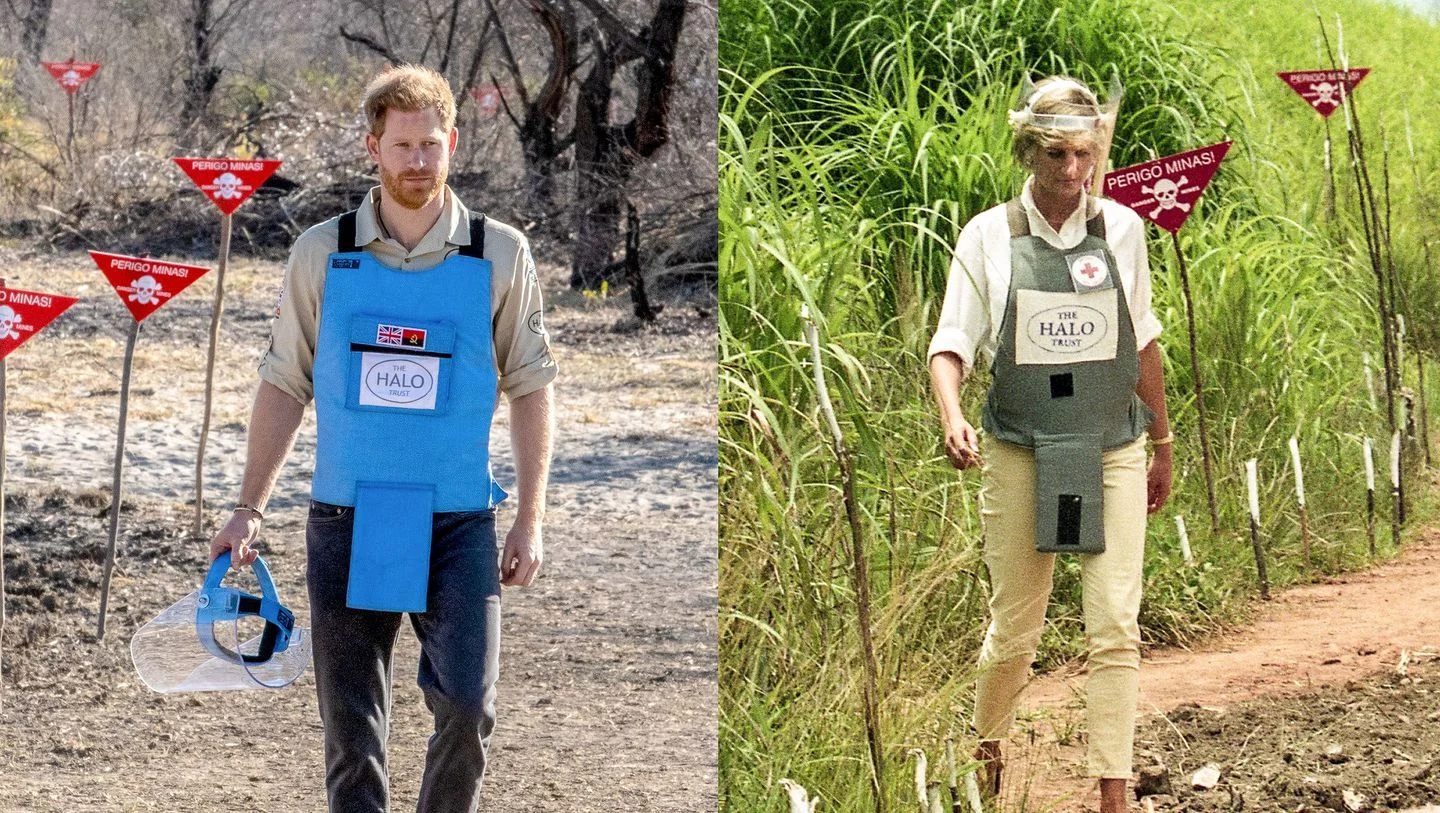
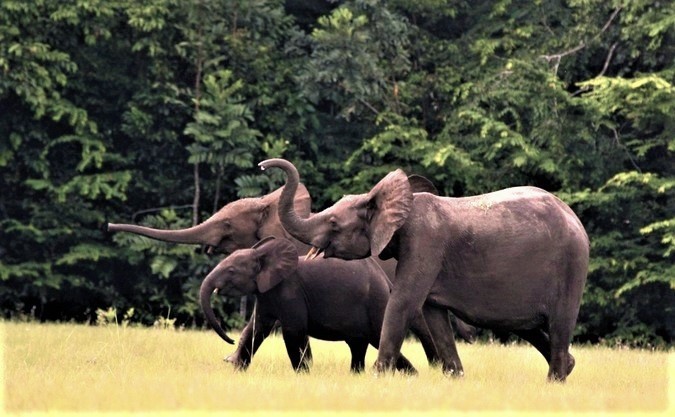
![Into-the-Okavango_[Neil-Gelinas]_3-dbl.jpg](https://images.squarespace-cdn.com/content/v1/55f45174e4b0fb5d95b07f39/1561937163642-AJXZW3I471QGTYL0AE03/Into-the-Okavango_%5BNeil-Gelinas%5D_3-dbl.jpg)
